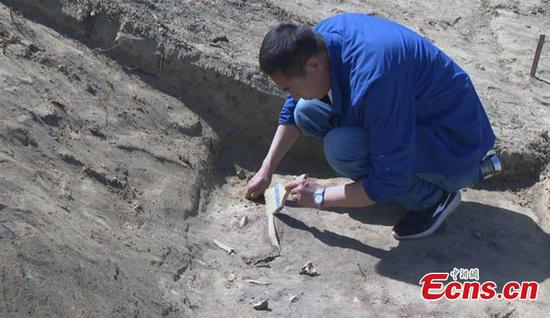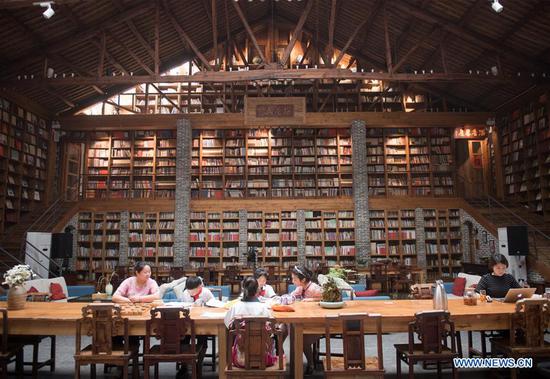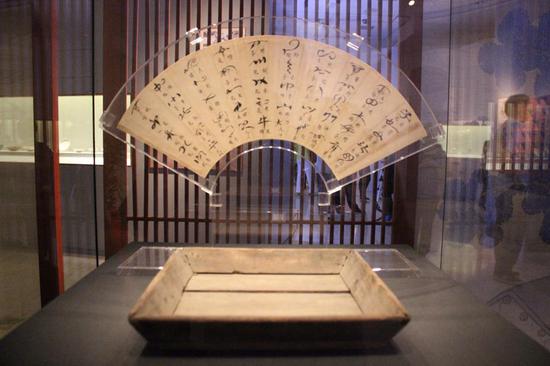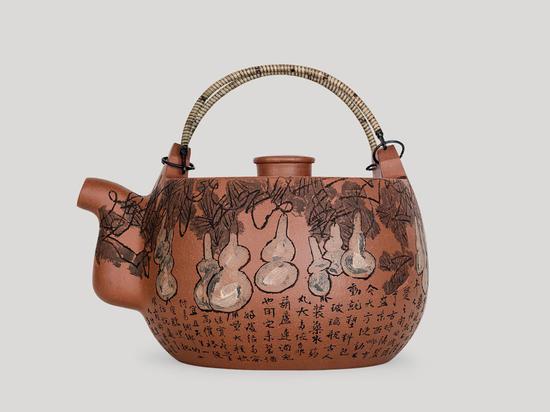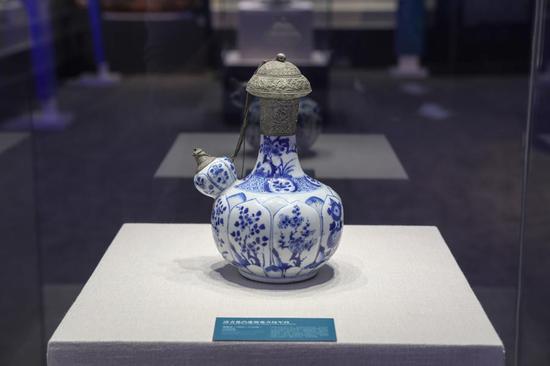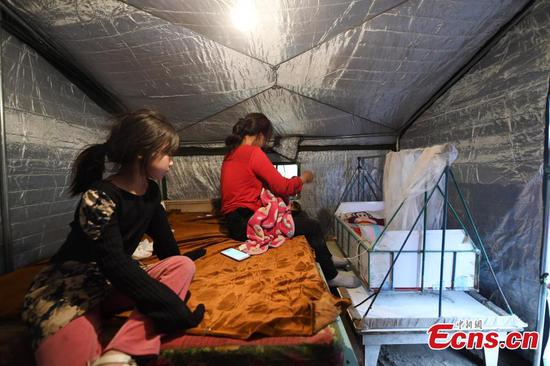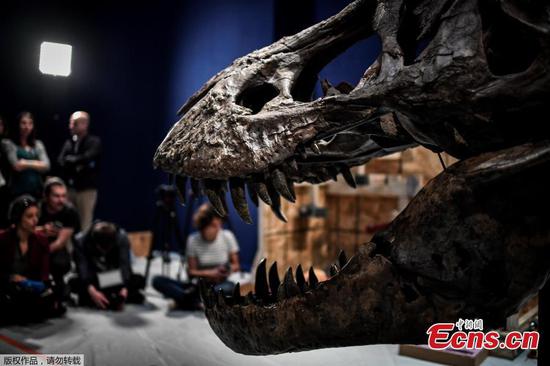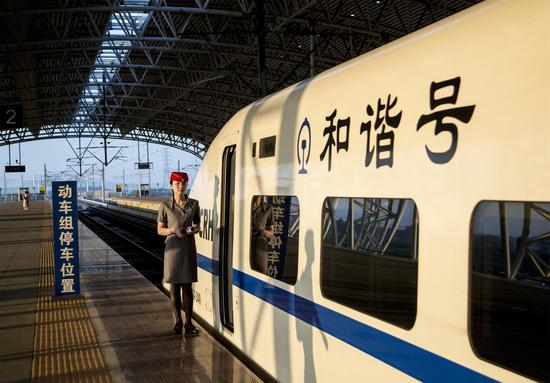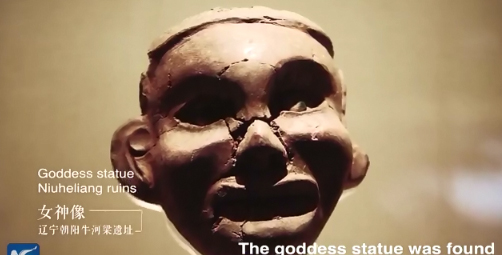Currency's internationalization still limited: experts
A number of African countries are considering using the yuan as a reserve currency, which would boost its internationalization, experts told the Global Times.
Seventeen top central bank and government officials from 14 countries in eastern and southern Africa met in Harare, capital of Zimbabwe on Tuesday and Wednesday to discuss the possibility of using the yuan as a reserve currency, according to a report by the Xinhua News Agency on Tuesday.
The Macroeconomic and Financial Management Institute of Eastern and Southern Africa (MEFMI) didn't disclose any results of the discussion when contacted by the Global Times.
MEFMI is a regional institution with 14 member states, including countries like Angola, Kenya, Zimbabwe and Tanzania.
The report cited Gladys Siwela-Jadagu, spokesperson for MEFMI, as saying that most MEFMI countries have received loans or grants from China and it would "make economic sense" to repay them in yuan.
Also, the region has started to "embrace" the yuan, which has become "what may be termed 'common currency' in trade with Africa," she said.
The bulk of reserves for most countries in the MEFMI region are still held in U.S. dollars, Siwela-Jadagu disclosed, but the rising status of the Chinese economy and burgeoning trade with Africa could alter the balance.
China's trade with South Africa surged by 14.7 percent on a yearly basis in the first four months this year, customs data showed on May 8.
The Chinese government is currently increasing its efforts to push the internationalization of the yuan.
The yuan was included in the IMF's basket of reserve currencies in October 2016 and many European central banks have boosted holdings of yuan in their foreign currency reserves, according to media reports.
Scale still limited
Xi Junyang, a finance professor at the Shanghai University of Finance and Economics, said it is entirely possible that more African countries will start using the yuan as a reserve currency, as the rising trade between China and Africa in recent years has increased the need for yuan-denominated payment.
"I think they will start with small-scale holdings of yuan as a reserve currency and will gradually increase the holdings in the future if economic interaction with China strengthens further," Xi told the Global Times.
Zhang Zhe, deputy professor at the Institute of African Studies under the Zhejiang Normal University, said that Chinese companies have engaged in many outsourcing projects in African countries.
"Many African currencies have depreciated a lot in recent years. Rather than using local currencies, Chinese companies are more eager to settle business using U.S. dollars," Zhang told the Global Times, adding that yuan-denominated payment in trade, although rising, is still "rare" in African countries.
"Nowadays, Africa's economic scale is still small. In the future, as Africa's GDP grows, China's economic interaction with Africa is sure to grow, and African countries' use of the yuan will be more frequent," she noted.
But Xi pointed out that the yuan is still used on a limited scale, restricting its internationalization.
"For example, almost no overseas countries measure economic indicators [like GDP] in yuan; cross-border companies don't use yuan in accounting, and it is seldom used as a financial asset, like bonds," Xi said.
"Now, overseas countries use yuan mainly for the purpose of facilitating bilateral payment," Xi said.
But he noted that with China's increasing economic power and gradual loosening of restrictions on currency swaps, the yuan's internationalization scale will increase.













